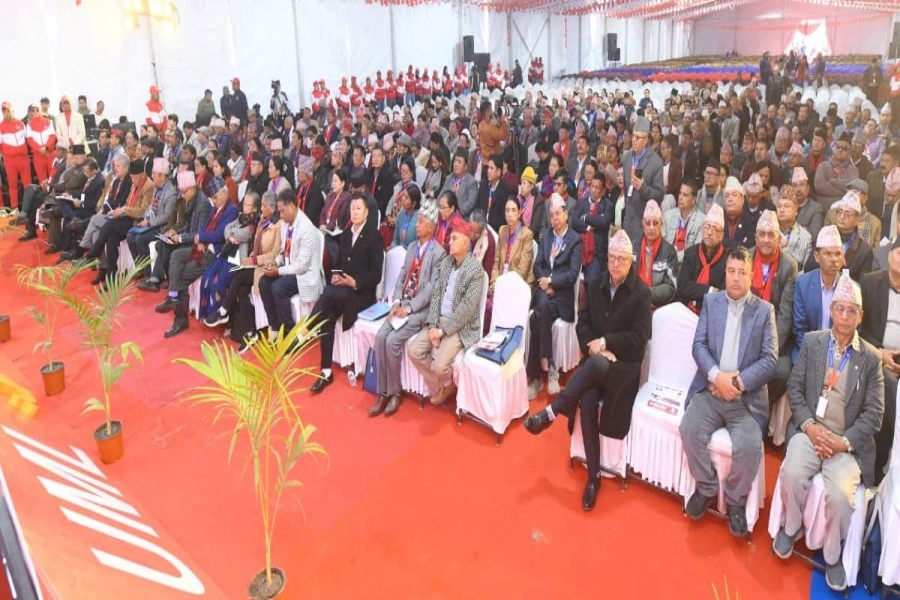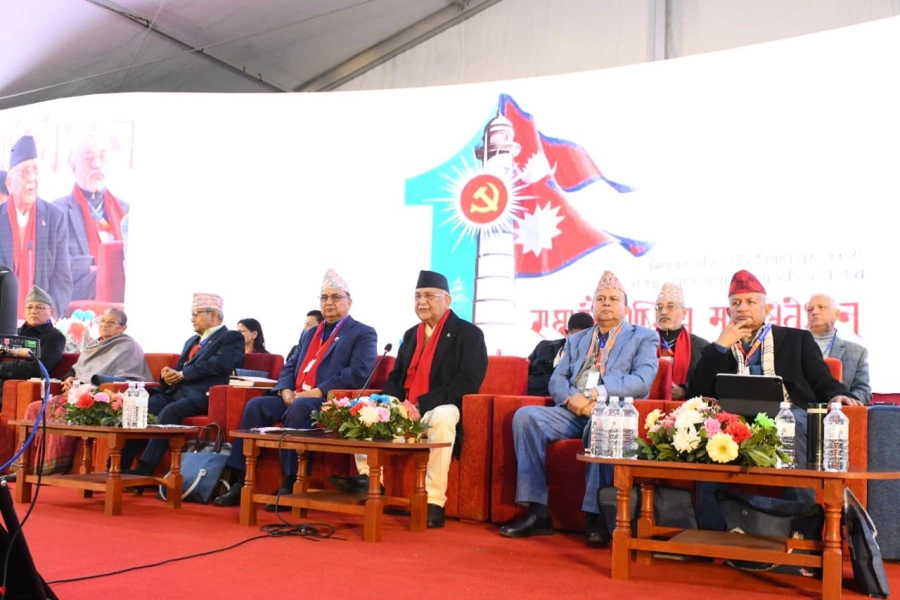Govt attempts to revive a decade old rules as public authorities are apathetic to implement them
KATHMANDU, Feb 18: The government has directed all the public authorities to give priority to domestic products for their office use, although related laws had already been enforced about a decade ago.
Issuing a circular on Friday, the Ministry of Industry, Commerce and Supplies (MoICS) asked the government offices under all three-tier governments to use Nepali products as far as possible.
Handicraft products and Herbal /organic products in Monsoon edi...

“All the government offices should procure local products even if they are costlier than the foreign goods of similar nature by up to 15 percent,” reads the MoICS statement.
The Public Procurement Regulations 2008 has provision for public offices to give priority to the domestic products. Later on, a directive enforced in 2015 also sought for optimum utilization of domestic products through effective implementation of the law. However, the government rule has remained only on papers as the public authorities themselves are reluctant to abide by the law.
The MoICS has asked the Trade and Export Promotion Center and the umbrella organizations of the private sector that include the Federation of Nepalese Chambers of Commerce and Industry, the Confederation of Nepalese Industries and Nepal Chamber of Commerce to publish the details of the locally produced goods on their websites on a regular basis. These organizations have also been authorized to issue certificates of origin for Nepali products to the traders concerned.
With the government rules in place, the authorities should purchase stationeries, furniture and fixtures, machinery tools and daily snacks, among others, produced by the domestic companies. Provided the local products are not available in adequate quantities, the offices should consider at least 50 percent of the local products, while moving into the procurement process.
The public authorities will have to send the details of purchase items to the Central Implementation and Monitoring Committee under the MoICS on a quarterly basis. Likewise, the provincial and local governments will have to develop a special mechanism for the inspection of the implementation of the directive.





































